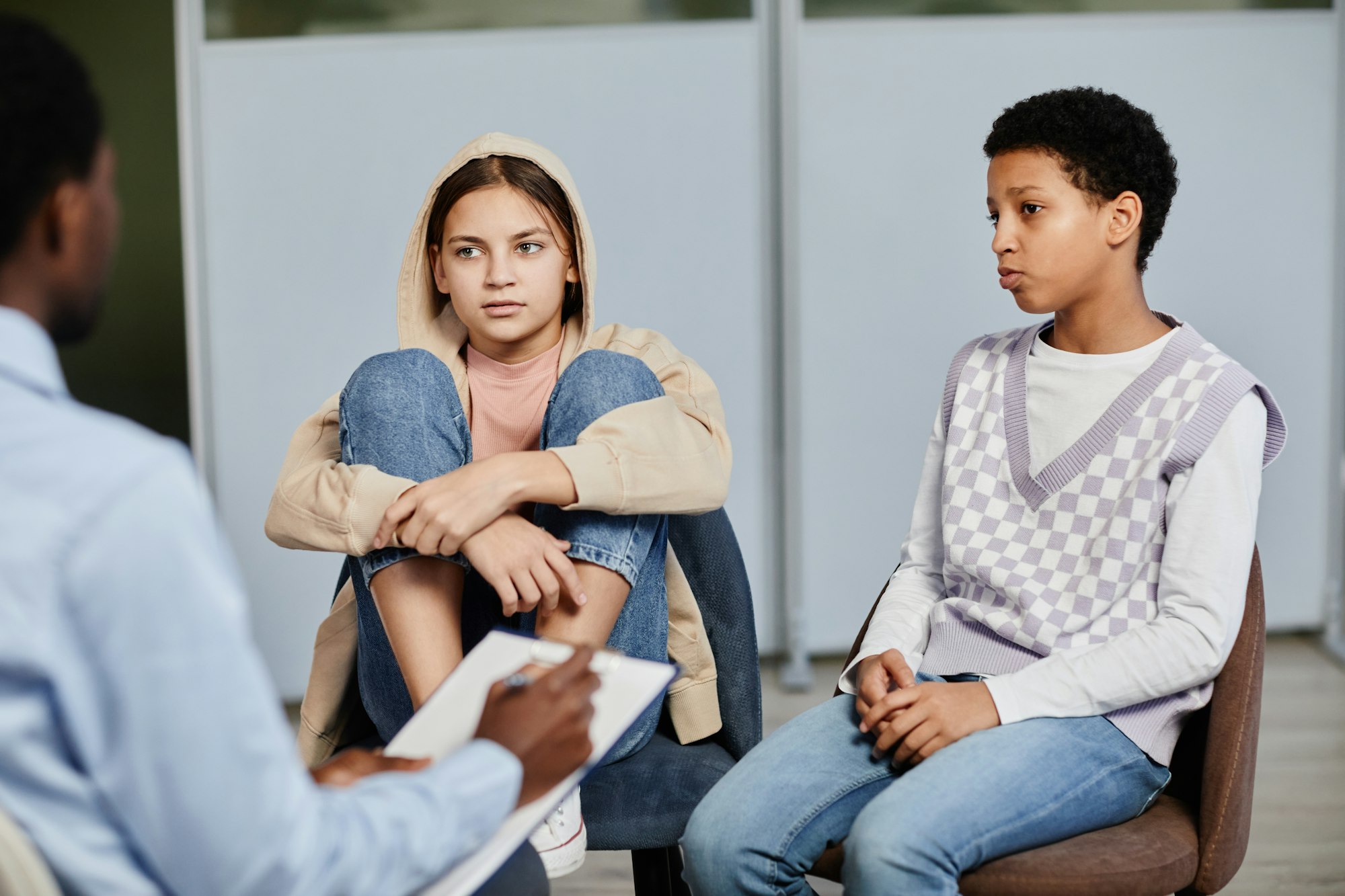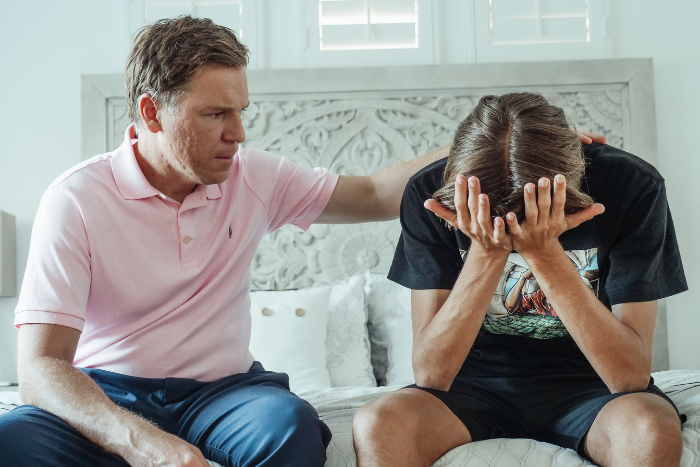Depression is much more than sadness or a bad mood. It’s a diagnosable mental health condition that can become worse without treatment. Depression can lower your energy and make you sleep too much, or keep you up at night. It can make it hard to talk with your friends or enjoy things you usually like to do. Seeking treatment for depression is an important way to find support. Your friends, your family and your therapist can all help you in different ways. However, there will still be days when you need to find ways to manage your symptoms on your own.
Everyone experiences depression a little differently. Your symptoms are unique, and the coping skills that help you will be different than what works for someone else. To figure out what helps you feel better, you’ll need to do some experimenting.
This blog post lists seven healthy coping skills that can help you manage your depression symptoms.
7 healthy coping skills that may help you manage your depression symptoms
Finding your go-to coping skills is all about balancing self-compassion and self-care with a little effort. You don’t want to be too hard on yourself. At the same time, you might have to get a little outside your comfort zone. Try to set realistic expectations for yourself and listen to your body. What does your best life look like today? Think about how you’d like to feel or what you want to be doing. Then try to create balance. You might reward yourself for doing some homework with 15 minutes of a calming activity.
You may want to track how different healthy coping activities make you feel. On days when you’re really feeling down, you’ll know exactly what to do.
Try the following coping skills to find some healthy ways to manage your depression symptoms:
- Have a heart-to-heart with a close friend — We all need close friends we can lean on when we’re struggling. See if you can find a trusted friend who’s available and willing to listen. It’s a good idea to spend some time nurturing positive relationships when you’re not feeling depressed. That way you’ll know who you can go to when you need support.
- Journal about your thoughts and feelings — Sometimes writing things down can help you feel like you’re getting negative feelings out of your head and your body. Find a journal or a piece of paper and start writing without filtering yourself. Keep going until you feel like you’re done. Reading your own journal entries can be a great source of personal growth. You can reflect on what you’ve written if you like or put it away for another time. Or you can tear it up and throw it away.
- Get some physical activity — Moving your body is another way to “work out” difficult feelings and feel a bit lighter. Cardiovascular exercise is a proven way to reduce stress and boost your endorphins. Going for a walk is a good start. You could also search for a calming yoga video or practice your favorite sport.
- Engage in some self-care — Many of the things on this list are different forms of self-care. It doesn’t always look like relaxation or meditation. Self-care can be listening to music or doing a task you’ve been putting off for a while. It can also be pampering yourself, making expressive art, or doing a meditation on loving-kindness or self-compassion.
- Recognize the good things in your life — When you’re already feeling depressed, it can be easier to focus on the negatives and ignore all the good in your life. Listing things you’re grateful for can feel like work at first. Give it a try and see if your mood changes.
- Set small, attainable goals — This is especially helpful when you’re feeling overwhelmed or discouraged. Give yourself a couple of easy wins by setting small goals you can accomplish today. Making even a little bit of progress can be enough to get you out of a funk.
- Talk with a therapist — There may be times when your friends or family don’t have the capacity to listen. Or times when they don’t understand you enough to really support you. When you find the right therapist, you have someone you can count on to hear you out and provide an unbiased point of view. They’re likely to have a helpful perspective, and they’ll always have your best interest in mind.
Get support while you find coping skills that help with your depression
You shouldn’t be working on your depression all by yourself. If you don’t feel like you have supportive personal relationships, you might want to consider seeing a therapist. They can be there to listen and help you start to build healthy relationships. They can also help you process tough feelings and learn how to manage your depression.
An outpatient therapist is enough for many teens experiencing depression. Those with severe symptoms that interfere with daily life may benefit from a higher level of treatment. At Embrace U, we combine one-on-one therapy with family therapy and group therapy. We help make sure teens like you have a positive community while they’re learning to be their best selves.
Do you have questions about treatment for depression? Contact our team today. We’re here to help.




